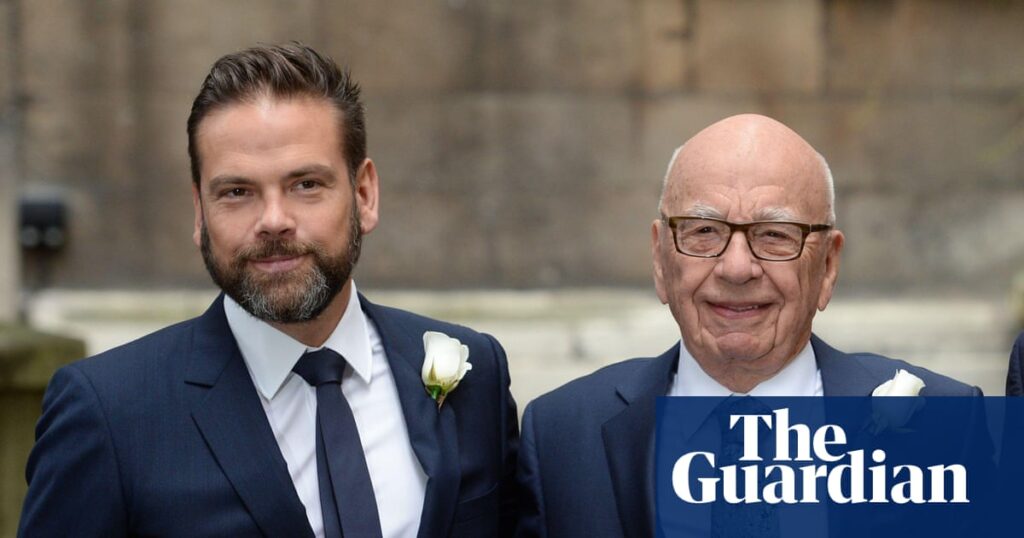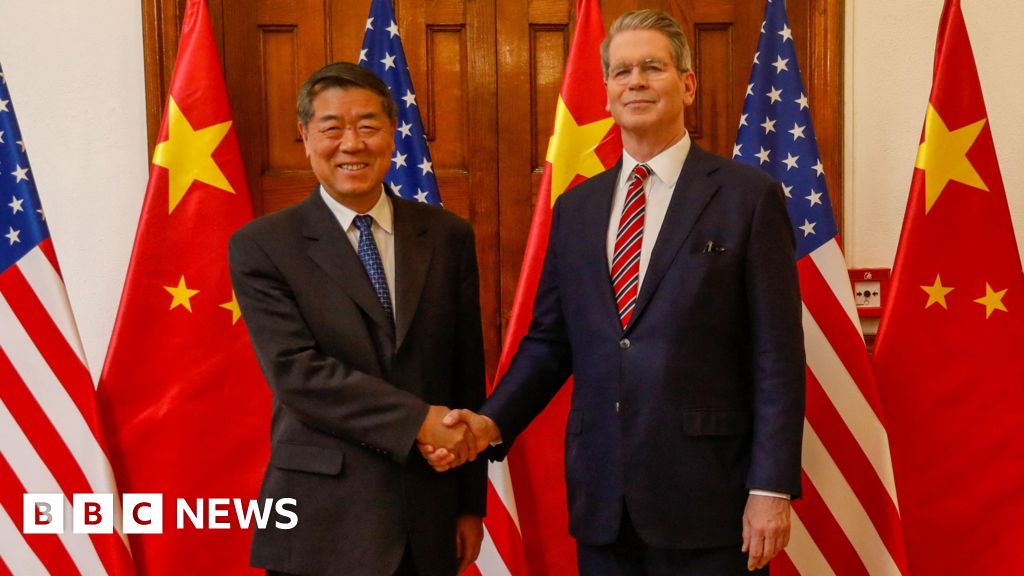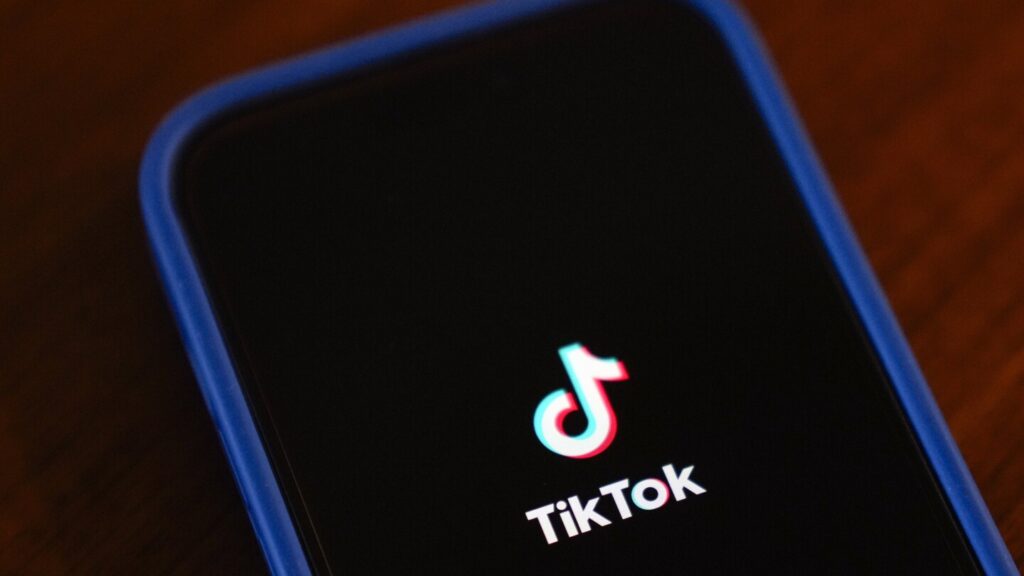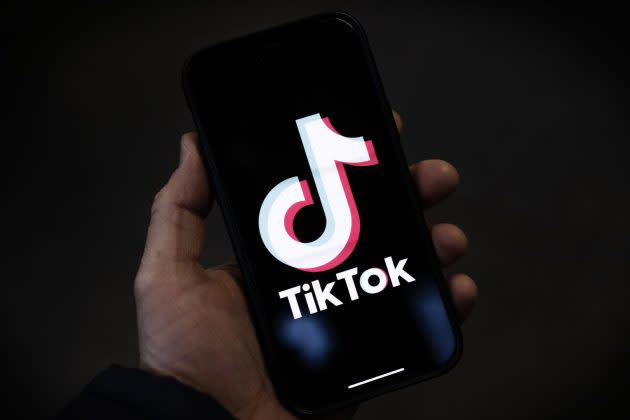Now Reading: Federal Judges Uphold Law That Could Ban TikTok in the U.S.
-
01
Federal Judges Uphold Law That Could Ban TikTok in the U.S.
Federal Judges Uphold Law That Could Ban TikTok in the U.S.
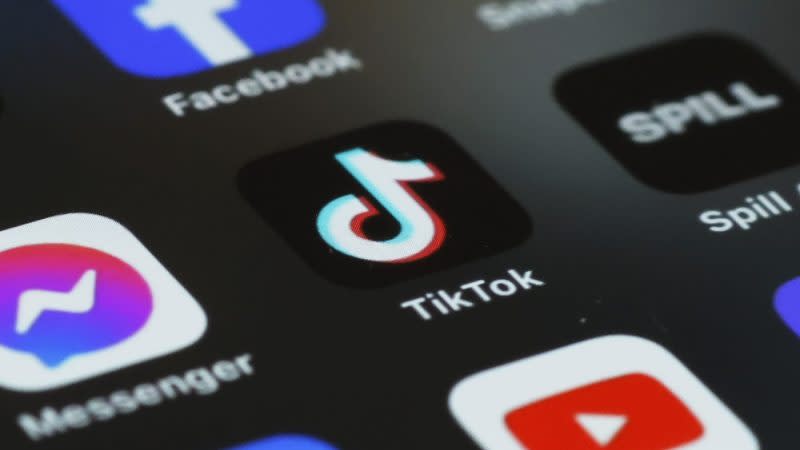
The U.S. Court of Appeals for the District of Columbia Circuit has upheld a law that could result in the effective banning of TikTok in the United States unless its Chinese parent company, ByteDance, sells the platform to an American owner by January 19, 2025. The unanimous decision by a three-judge panel cites national security concerns and the potential misuse of user data, marking a pivotal moment in the ongoing debate over TikTok’s future in the country.
Key Details of the Ruling
- The Ban: The legislation, signed into law in April 2024 by President Joe Biden, requires ByteDance to divest its ownership of TikTok or face a nationwide ban.
- National Security Concerns: The court upheld the law, emphasizing the risks of data collection by a foreign adversary nation. “The First Amendment exists to protect free speech in the United States,” the court wrote. “Here the Government acted solely to protect that freedom from a foreign adversary nation.”
- Implications for Users: If TikTok does not comply, the platform will be unavailable in the U.S., at least temporarily. The court acknowledged the impact on TikTok’s millions of users, many of whom rely on the app for communication, business, and self-expression.
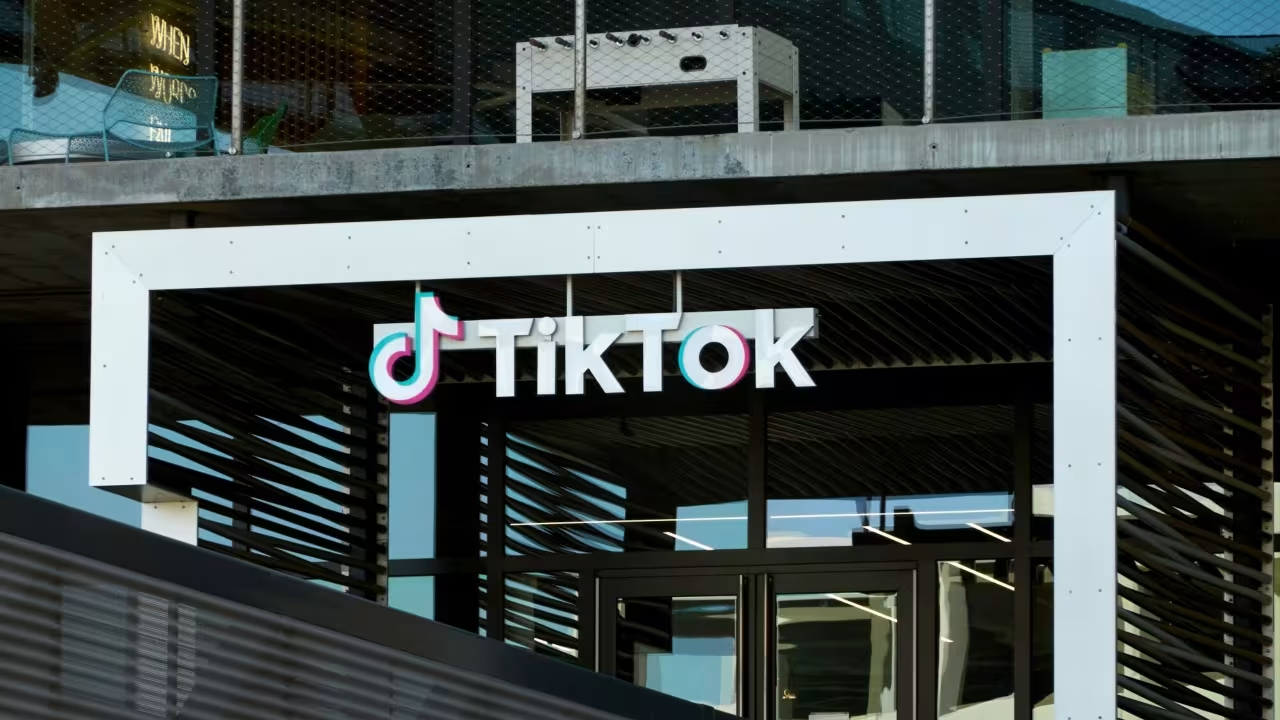
TikTok’s Response
TikTok plans to appeal the decision to the Supreme Court, expressing confidence in a favorable ruling. In a statement, TikTok said:
“The Supreme Court has an established historical record of protecting Americans’ right to free speech, and we expect they will do just that on this important constitutional issue. Unfortunately, the TikTok ban was conceived and pushed through based upon inaccurate, flawed, and hypothetical information, resulting in outright censorship of the American people.”
TikTok highlighted that the ban would silence the voices of over 170 million users in the U.S. and globally.
A Divisive Issue
The potential ban has sparked reactions from across the political spectrum and civil liberties groups:
- Proponents of the Ban: Supporters argue the law is a necessary measure to protect national security. Federal Communications Commission Chair Brendan Carr, a key advocate, stated that banning TikTok is a priority under the incoming administration.
- Critics of the Ban: The ACLU and other digital rights organizations condemned the decision as an overreach. Patrick Toomey of the ACLU called it “a major blow to freedom of expression online,” arguing that no evidence has proven TikTok poses an imminent threat to national security.
Trump’s Role and Political Context
President-elect Donald Trump, who takes office the day after TikTok’s deadline, has complicated the issue. While he previously pushed for a ban during his first term, his current position is more favorable to TikTok, stating during his campaign that he would “save TikTok” from a ban. However, some of Trump’s Cabinet members, including Sen. Marco Rubio, remain critical of TikTok.
This aligns with bipartisan concerns, as Democrats and Republicans alike have cited national security risks. The platform’s Chinese origins and ByteDance’s ownership have fueled fears about potential data sharing with the Chinese government.
Broader Implications
The ban has far-reaching consequences for free expression, tech regulation, and U.S.-China relations:
- Freedom of Speech: TikTok’s popularity among creators, small businesses, and activists underscores the app’s role in modern communication. Critics warn the ban sets a dangerous precedent for government regulation of digital platforms.
- Economic Impact: TikTok has become a vital tool for marketing and revenue generation, with countless users relying on it for their livelihoods.
- Tech Landscape: A TikTok ban could shift power to other platforms like Meta and YouTube, altering the competitive dynamics in social media.
What’s Next?
The Supreme Court’s decision on TikTok’s appeal will likely set a landmark precedent for balancing national security concerns with constitutional freedoms. ByteDance has until January 19, 2025, to comply with the divestiture order, though the government may grant a 90-day extension if substantial progress is made.
What’s your take on this ruling? Do you think the TikTok ban is a necessary measure for national security or an overreach threatening free speech? Share your thoughts below.
Tags: #TikTokBan #NationalSecurity #FirstAmendment #DigitalRights #DataPrivacy #SupremeCourt #ByteDance #SocialMedia #FreedomOfSpeech #TikTok
Title: Federal Judges Uphold Law That Could Ban TikTok in the U.S. | #TikTokBan #NationalSecurity
The U.S. Court of Appeals for the District of Columbia Circuit has upheld legislation requiring TikTok’s Chinese parent company, ByteDance, to sell the platform to an American owner by January 19, 2025, or face a ban. This unanimous ruling has significant implications for TikTok’s millions of U.S. users, sparking intense debate about national security, data privacy, and freedom of expression.
Key Details of the Ruling
- The Legislation: Passed by Congress and signed into law by President Joe Biden in April 2024, the law aims to address national security concerns tied to TikTok’s Chinese ownership.
- The Ruling: The court acknowledged the potential disruption to TikTok users but emphasized that the government acted to protect Americans’ freedom from a foreign adversary’s influence. “The First Amendment exists to protect free speech… Here the Government acted solely to protect that freedom from a foreign adversary nation.”
- Implications for TikTok Users: If ByteDance fails to divest its ownership by the January 2025 deadline, TikTok could be removed from app stores and become inaccessible in the U.S. for an extended period.
TikTok’s Reaction
TikTok has vowed to appeal the ruling to the Supreme Court, with confidence in a favorable outcome. In a statement, the company said:
“The Supreme Court has an established historical record of protecting Americans’ right to free speech, and we expect they will do just that on this important constitutional issue. Unfortunately, the TikTok ban was conceived and pushed through based upon inaccurate, flawed, and hypothetical information, resulting in outright censorship of the American people.”
The company further argued that TikTok has been unfairly targeted, noting that other U.S. tech companies collect and monetize user data without similar scrutiny.
Support and Opposition
Supporters of the Ban:
- Cite national security concerns, arguing that ByteDance could be compelled to share U.S. user data with the Chinese government.
- Federal Communications Commission Chair Brendan Carr, a proponent of the ban, emphasized its importance in limiting foreign influence.
Critics of the Ban:
- Civil liberties groups like the ACLU condemned the decision as a violation of the First Amendment. Patrick Toomey, deputy director of the ACLU’s National Security Project, said, “This ruling sets a flawed and dangerous precedent, one that gives the government far too much power to silence Americans’ speech online.”
- Digital rights nonprofits, including the Center for Democracy and Technology, argued the ban disproportionately harms TikTok users who rely on the platform for income, communication, and self-expression.
The Political Context
Incoming President Donald Trump’s stance on TikTok adds further complexity. Although Trump previously sought to ban the platform in 2020, his recent campaign included a pledge to “save TikTok” from the current legislation. Opinions within his administration are divided, with some officials supporting stricter regulations while others favor more leniency.
Bipartisan concerns about TikTok’s ties to China have remained consistent since 2019, when then-Senator Marco Rubio called for an investigation into TikTok’s potential national security threats.
Implications for Free Speech and the Economy
TikTok’s widespread use—particularly among younger generations—has transformed it into a vital platform for self-expression, business, and education. The platform has been instrumental for:
- Small Businesses: TikTok serves as a cost-effective marketing tool for entrepreneurs.
- Creators: Many rely on the platform for income and professional opportunities.
- Information Sharing: TikTok has become a primary source for news and cultural trends.
Critics argue that banning TikTok sets a dangerous precedent, granting the government excessive authority to regulate digital platforms.
What’s Next?
TikTok’s legal battle moves to the Supreme Court, where a final decision could determine the platform’s future in the U.S. ByteDance has until January 19, 2025, to comply with the divestiture order, with the possibility of a 90-day extension if significant progress is made.
What’s your take on the TikTok ban? Is it a necessary step for national security or an overreach threatening free speech? Share your thoughts below!
Tags: #TikTokBan #NationalSecurity #FirstAmendment #DigitalRights #DataPrivacy #SupremeCourt #ByteDance #SocialMedia #FreedomOfSpeech #TikTok

